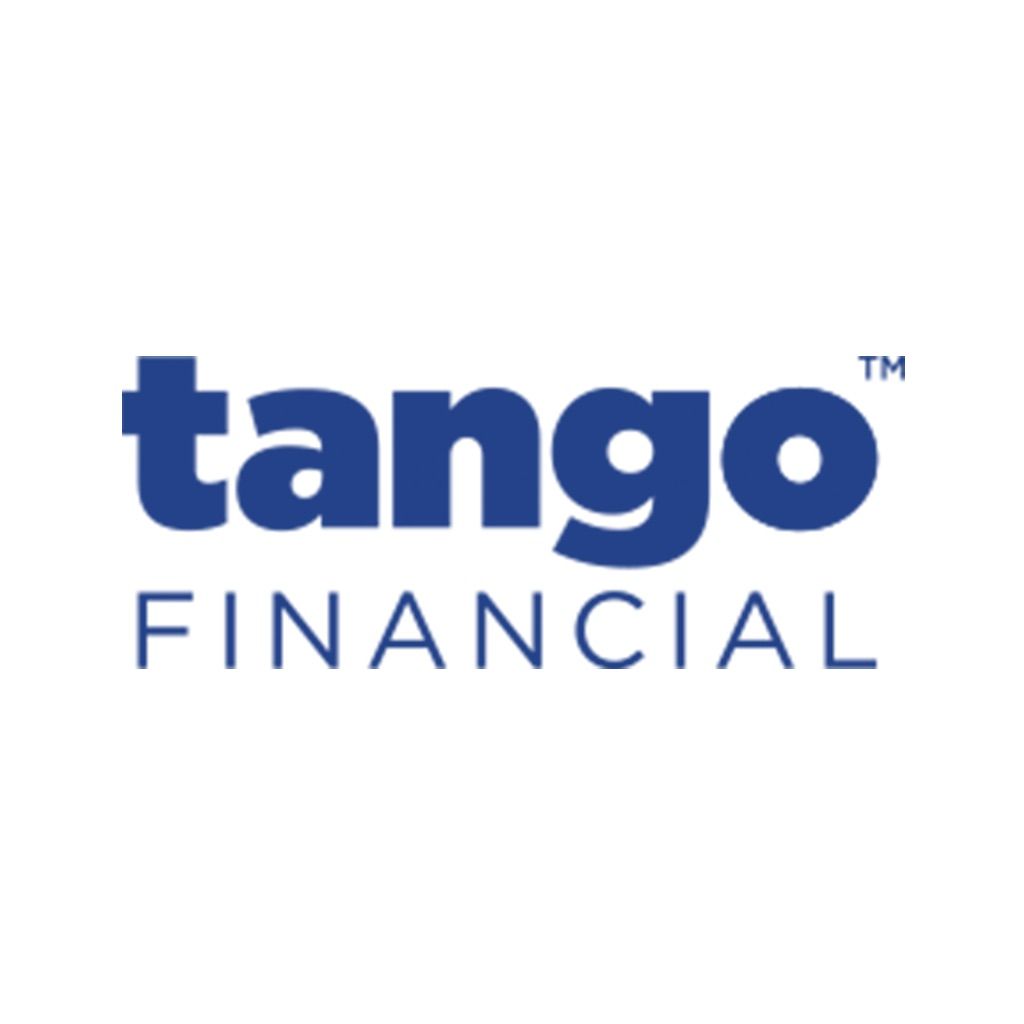PRO TIPS For Your Mortgage Renewal

To avoid missed opportunities, here are my TOP TIPS to ensure you’re getting the most out of your mortgage renewal. SAVINGS is at the top of the list.
Pro Tip #1: Come on over! Make the switch to a broker.
How’s this for irony: a recent Bank of Canada study found that using a broker could actually result in getting a lower mortgage rate than the big banks. As your broker, I have access to dozens of lenders, so we can be way more competitive for you and give you choices. FINALLY. If you’re still feeling a sense of loyalty to your bank – consider this: Just like with cable companies who give the best deals to “brand new customers” and not their existing customers, this is also true with bank customers. Translation: if you’re looking for the better deal, consider switching to another lender … I got you!
Pro Tip #2: The lowest rate may not be the best rate.
Does cheaper mean better when it comes to your mortgage? Nope. Not necessarily. So it’s best to read the fine print before you sign that renewal letter. Did your lender disclose what penalties are associated with the lowest rate. You are signing up for a brand new contract … For example, by accepting the lowest rate, are you sacrificing the ability to make extra payments?
** What are the penalties for breaking your mortgage early? (In case you win the lottery, or you decide to sell early). Remember 60% of Canadians will break their mortgage term early this year.
Pro Tip #3: The posted rate is never the ‘lowest’ rate.
What do I always say — the bank is here to make a profit. Think of it this way : The rate you are being given IS the rate the bank wants to sell you on (in order to make the greatest amount of profit from the interest you will pay). This number typically has plenty of room to come down, but you don’t know that … [wink wink]
Pro Tip #4: Get-lower-rate-keep-same-payment.
WHY go to all the trouble of negotiating a lower rate, only to make the same monthly payment. Method to my madness! Read on …
While lower monthly payments could increase your cash flow. Likely it will. However, keeping the same monthly payments at your renewed lower interest rate means reducing the overall amortization (or length of time you pay your mortgage in total) thus paying your mortgage off sooner— max effort for your hard earned money and paying less to the lender ultimately!
#nameofthegame
Pro Tip #5: Using home equity to fund other investments or consolidate higher interest debts.
Using your home equity can be your solution to finance those goals you once could only think of. Big-ticket items like a second home, income property, home reno, debt consolidation, or your kiddo’s post-secondary education — If any of those are on your list, renewal time is the time to refinance in order to take out equity. Future business venture included.
Pro Tip #6: Get YOU-specific mortgage advice.
How well does your bank really know you?
Have they been catering to your specific, unique needs? Probably not. They are too busy trying to cross sell you things you didn’t know you “needed” or find ways to upcharge more service fees.
We will always take the time to connect annually so I know where you are at financially and in life in general. We’ll talk about what has been working for you and what isn’t. Your goals and plans are what drive everything and we customize all advice and education around that.
Pro Tip #7: Don’t be scared to say BUH-BYEEEE and do the switch-a-roo
Breaking up is NOT hard to do – which is totally the opposite of what the bank want’s you to think. They may even tell you that you’ll have to pay a hefty discharge fee to switch your mortgage to another financial institution. I call BS. Are they nuts? Your mortgage is maturing, there will be no penalty and often discharge fees are minimal (under $250).
Don’t be scared off from doing what’s in your best interests. Most lenders are more than willing to absorb the discharge fee into the new mortgage. A minimal cost for maximum savings and flexibility. Who stayed in control? … YOU!
Pro Tip #8: Don’t leave your renewal to the last minute.
For proven best results. PROACTIVE is the word of the day. Ideally you’ll want to start the process 120 days (4 months) or sooner before your renewal date. This will give you lots of time to do your mortgage renewal pre-work. Guess what, when you work with me as your broker, we’ve already touched base way in advance to ensure your needs are being taken care of.
Whether you are coming up to renewal time, considering making a move or thinking about purchasing a second or investment property, together we can find the right mortgage rooted in YOUR specific needs and budget.
Your go-to-girl is always here for you.
The post PRO TIPS For Your Mortgage Renewal appeared first on Mortgage By Tori: Mortgage Broker In Vancouver .


Share:


Subscribe
Thank you for contacting me.
I will get back to you as soon as possible.
Please try again later.
Follow
@MORTGAGEBYTORI
| Mortgage By Tori | All Rights Reserved | Privacy and Content Notice

